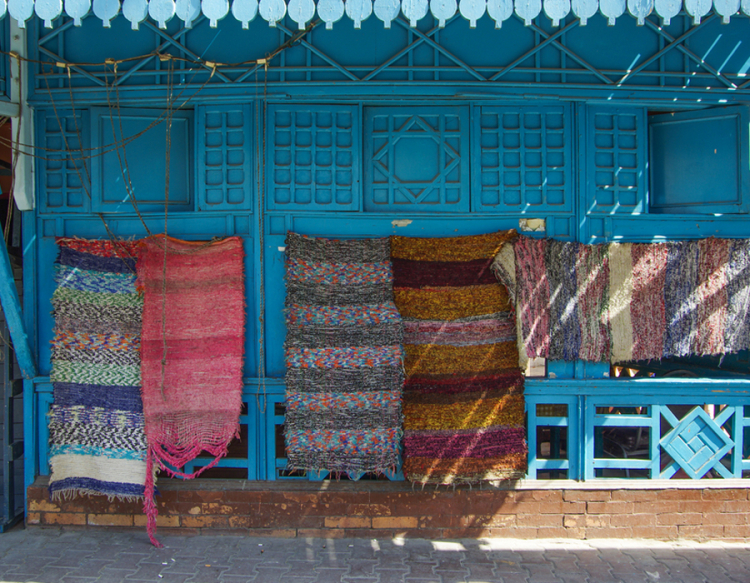This is the first post in a series of posts dedicated to casting some light on the most important challenges that face the Arabic localization industry. There is no doubt that the Arabic translation sector requires an overhaul, both in quality measures and the business model itself, as manifested by seeing huge multinational corporations who spend millions on communications and PR settle with less-than-mediocre Arabic versions of their documentations, including giant automobile manufacturers, iconic technology companies, huge retailers, and even highly esteemed PR agencies.
Translation in the Arab world
The presence of obsolete practices and the uniqueness of Arabic as a language create the most serious challenges. However, I will start by another challenge that is related to Middle Eastern societies and culture.
With the growing interest in Arabic and Islamic culture worldwide, as well as the heaving political changes in the Middle East, the demand for Arabic translation services is also increasing. But as with any acute increase in demand, the supply of Arabic translation services expanded in volume faster than it did in quality. One of the main areas that need work is overcoming the social and cultural barriers that keep talented writers out of the profession.
These barriers are related to the three taboos in conservative societies: Politics, sex, and religion. During my 15 years in this industry, I witnessed talented linguists rejecting projects on the account of one of the following subjects:
- Religious taboos, such as alcoholic drinks or religious critical studies
- Fiction or non-fiction that contains explicit sexual content
- Political content that disagrees with linguists’ political orientation
It is quite difficult to outline a definitive solution for overcoming these barriers, especially that they are deeply embedded in believes and traditions. However, localization companies can adopt some measures that can help reduce their impact on the industry:
- Diversified localization teams: Employ linguists with different backgrounds who can handle different types of sensitive content
- Prevent talent drainage by not forcing linguists to take on projects they consider offensive
- Maintain linguist anonymity when delivering projects with sensitive material. This may help reassuring linguists
Despite these difficulties, progress is being made. For example, I have noticed a shift in the way hotel posters handle the issue of alcoholic drinks in the UAE over the past few years, from referring to them as “juice, to mentioning “drinks” (Ar: مشروبات, directly implying being alcoholic). In politics, the volunteer translation movement empowered both self-expression during the Arab Spring, and the Arabic localization industry itself. We saw more high quality translated news pages online and on social media in the past 18 months than we did in the 10 years before.
Whether you see this as progress or not, the main goal for Arabic localization companies should always be to attract and retain Arabic linguistic talent – not merely getting the job done.
Author is Dr. Ali Mohamad, Founder and Managing Director of House of Content





